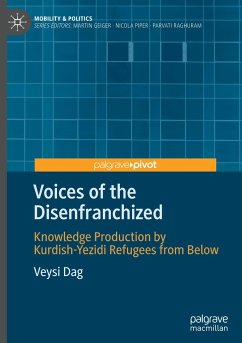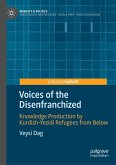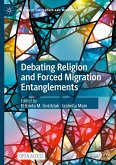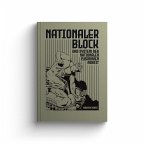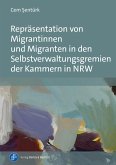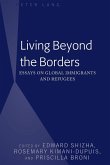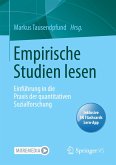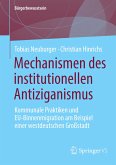Over a million Kurdish-Yezidi refugees are dispersed across European cities and towns. However, they are neither recognized as a distinct community of stateless immigrants nor as a distinct European ethnic or religious minority. They are frequently utilized as data sources without having a voice to address their challenges. This oral testimony project, moving beyond, but contributing to, conventional academic research, provides these communities with a space to tackle multiple questions in their own languages and with their own voices. The book seeks to answer what drives their departures from their home countries, how they escape, what shapes their lives in receiving cities, and finally, how homeland affairs influence their lives in new environments. By addressing all these themes, this book presents refugee-centric knowledge by and with refugees as objects and subjects of their narratives and transcends neoliberal humanitarian, state-centric, and colonial hegemonic epistemes thatlimit refugees' epistemic capabilities and viewpoints.
Bitte wählen Sie Ihr Anliegen aus.
Rechnungen
Retourenschein anfordern
Bestellstatus
Storno

